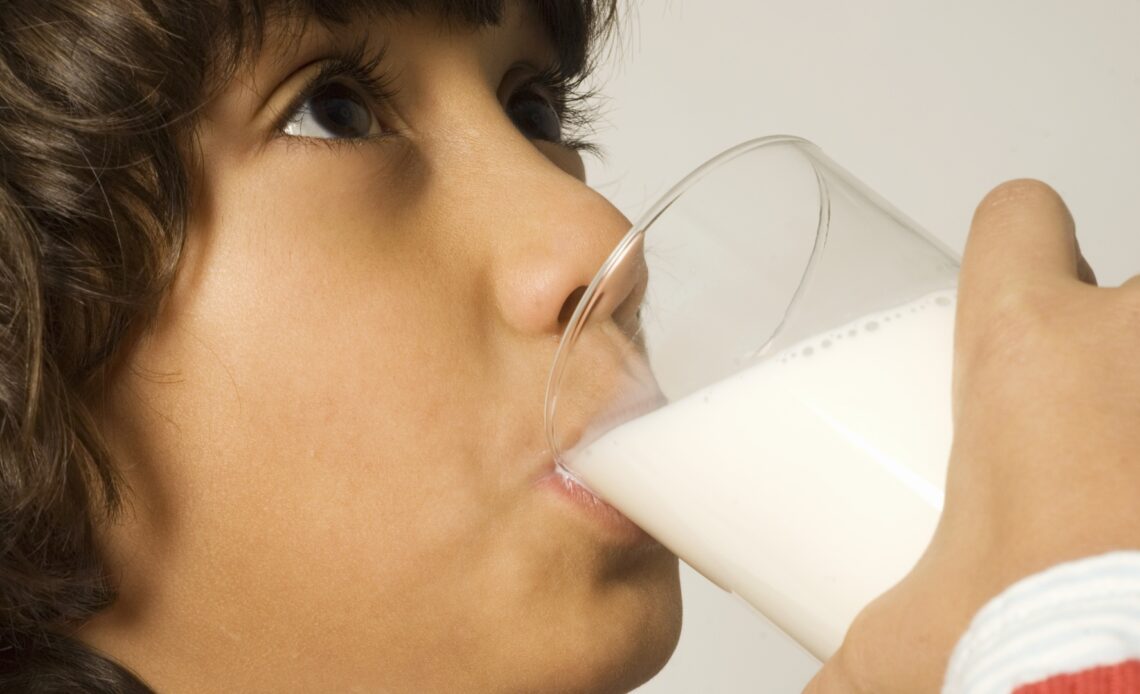You may have heard that some foods and drinks, such as grapefruit and alcohol, shouldn’t be consumed with certain medications. But did you know that dairy products can make some drugs less effective?
This effect is particularly problematic for certain classes of antibiotics, which are drugs used to treat bacterial infections. Antibiotics taken by mouth — in a pill or liquid form, for example — need to be absorbed into the bloodstream to work effectively. But when taken with dairy products, such as milk, cheese or yogurt, some antibiotics are not absorbed as they should be.
For instance, one study found that the absorption of an antibiotic called demeclocycline (brand name Declomycin) into the bloodstream dropped by a staggering 83% when taken with milk, compared with water and a dairy-free meal. Demeclocycline is used to treat bacterial infections of the respiratory tract, like pneumonia. Another study showed that when ciprofloxacin is taken with milk, levels of the drug in the bloodstream are about 30% to 36% lower than when it is taken with water. This antibiotic is used to treat a range of illnesses, from pneumonia to gonorrhea.
There is less data on the effects of other dairy products, but studies generally suggest that they also lower antibiotic levels in the blood, although not necessarily as much as a glass of milk would.
But how does dairy hinder the absorption of these drugs?
Related: Why do leafy green vegetables interact with blood thinners?
Dairy products contain an abundance of charged calcium and magnesium particles, called “ions.” These ions can bind to some antibiotics, creating “an insoluble compound,” Anastasiya Shor, an assistant professor at Touro College of Pharmacy in New York, told Live Science in an email. Insoluble compounds do not dissolve in water, and if a drug cannot dissolve in the fluid inside the gut, it cannot be absorbed into the bloodstream.
So, when calcium and magnesium ions are present in the gut, they effectively trap the antibiotic molecules in there. The amount of antibiotic that makes it into the bloodstream is thus significantly reduced, diminishing the drug’s effectiveness throughout the body.
This interaction with dairy products is an issue only with certain antibiotics, specifically ones that belong to two classes: tetracyclines and fluoroquinolones. It doesn’t affect all antibiotics.
And fortunately, it’s fairly simple to avoid…
Click Here to Read the Full Original Article at Livescience…

